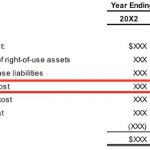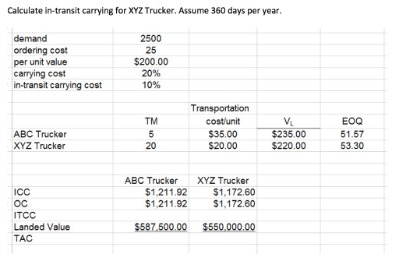Content

If you have farmer clients, you must know about the various subsidies, deductions, and incentives the IRS makes available to them.
The IRS states that all EAs providing tax preparation must have a PTIN. As an EA, you will enjoy client confidentiality in certain circumstances. For tax preparation filings, your communications may be subject to public scrutiny or be part of the discovery process, if you or your client is named in a lawsuit. When becoming an enrolled agent you will have several obligations and one of the first obligations is to the IRS. If the agency requests documentation from you, you must comply with the request or order for documents. When you receive such a request, you should scrutinize it and determine that it follows tax law and that the requested documents do not violate your client-EA confidentiality.
Are Enrolled Agents required to take continuing professional education?
As an enrolled agent, you’ll have to chance to attend many Enrolled Agent Association events. You can increase your tax knowledge and expand your professional connections at these events. And you may even be able to earn CE at conferences and seminars. The U.S. CPA license is one of the most respected accounting certifications.
Where is the best place to work as an Enrolled Agent?
Public accounting firms are a great place for EAs to work for a variety of reasons: they often offer great benefits, including higher than normal paid time off and a strong sense of job security. At a public accounting firm, EAs can work as tax staff, helping to prepare returns and representing clients before the IRS.
After Congress passed the income law in 1913, the duties of EAs were expanded to include tax representation. Also, keep in mind that you don’t have to pick one of these careers to be in forever. You may start out in a public accounting firm, move to a bank, and then start your own business. Being an EA means you have the opportunity to try out a few different areas and see what you like. It’s a great career choice for anyone who enjoys helping people while also earning a great salary and having a fair amount of flexibility. If becoming an EA sounds like a great option for you, check out Surgent’s EA Review course.
Enrolled Agent Gender Distribution
While much work in tax is done from January through April 15th each year, enrolled agents have the distinction of working year round. As an EA, you may be tasked with preparing both individual and business tax returns. Most tax firms do not specialize in preparing just business returns, but having the knowledge needed to prepare business returns will be beneficial to you as you seek employment. Tax law firms will definitely benefit from having an EA on staff who can represent clients before the IRS and deal with any IRS related notices received on behalf of the client. Law firms are also small businesses which may benefit from having tax personnel on their staff to help them handle their small business taxes.
- The IRS only determines if a test-taker is qualified, not how qualified they may be.
- Keep in mind that your state may have chapters related to any of these.
- Becoming an enrolled agent takes much less time than becoming a CPA.
- An EA is the only individual who has been the right to practice as granted expressly by the United States government.
- If you’re interested in becoming an enrolled agent, one of the first things to consider is how much education you need.
Unlike CPAs or Attorneys, EAs may not count practice management or administration as acceptable courses. In addition to the stringent testing and application process, the IRS requires Enrolled Agents to complete 72 hours of continuing professional education in a three year time period. It is acceptable to complete only 16 hours in any given year – as long as the three year total is 72 hours. enrolled agent career path Enrolled Agents’ expertise in the continually changing field of taxation enables them to effectively represent taxpayers audited by the IRS. The IRS is the definitive source of information regarding the SEE, becoming an EA, and the EA retirement program. Aspiring enrolled agents can discover the latest news affecting their profession and stay up to date with certification requirements.
One Additional Benefit EA Status Brings
Tax preparers with 3-5 years experience and an EA credential can find job postings with salaries ranging from $50,000 to $125,000 annually. This position has the authority to represent taxpayers regarding matters dealing with the IRS . The United States government authorizes an EA to provide services for taxpayers.

This means you might want to prepare yourself for some late nights. There is more than meets the eye when it comes to being an enrolled agent. For example, did you know that they make an average of $16.91 an hour?
Is Enrolled Agent the highest credential?
Enrolled agent status is the highest credential the IRS awards. Individuals who obtain this elite status must adhere to ethical standards and complete 72 hours of continuing education courses every three years. Enrolled agents, like attorneys and certified public accountants (CPAs), have unlimited practice rights.